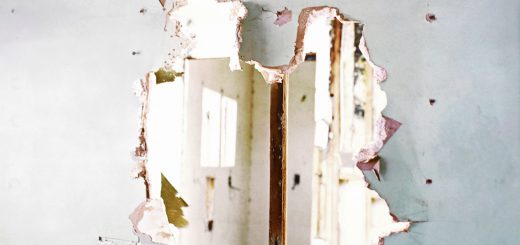Australian Stratas and unwanted short-term rentals. What can you do about it?

As a strata committee member you’ve just found a resident in your building has listed their place on a short-term holiday rental site like Airbnb. What can you do about it?
First, the bad news. There’s sometimes not a lot you can do immediately and directly to stop an unwanted sublet. Unless the guests are committing a crime, you can’t get rid of them right away.
But you may be able to stop or delay future listings of the property.
One simple way you can do this if the apartment is rented is simply notify the property manager or landlord of what’s going on. Landlords hate unauthorised sublets because of higher maintenance costs and the risks of uninsured property damage. They usually have a clause in the lease agreement forbidding it, and will crack down quickly to either get the tenant to take down the listing or start the eviction process.
In Victoria, it’s actually little more vague. The Victorian Civil and Administrative Tribunal in a 2016 case ruled that a tenant listing their entire property on Airbnb wasn’t technically “subletting” but instead granting a temporary license to use the property, and so wasn’t breaking their lease. However this was overturned by the state Supreme Court. However, the court made the point that it was a sublet because the entire property was listed. This means that if a listing shares the property (ie the tenant is still there), the law still isn’t clear in Victoria.
If the property is owner-occupied, there’s less you can do. The laws around this are still vague, inconsistent between councils and states, and with little legal precedents. Some states have rules that overrule local councils, others are drafting rules.
Statewide regulations like Tasmania’s are tough to enforce though. A look online may reveal the owner is breaking the regulations, in which case you can report them.
Recent cases in NSW and Victoria show that as long as the owner complies with local development rules, stratas can’t block them from listing their unit on Airbnb. However, in Victoria stratas can fine unruly guests for damages caused, and can block a unit from listing again after 3 incidents. These rules have yet to be thoroughly tested though.
The best long-term solution is strata bylaws that regulate instead of banning short-term rentals in the building. While these haven’t been tested yet in court, they’re more likely to hold up than outright bans (which have already been rejected in NSW and Victoria).
In NSW by law a strata must be notified of a change in tenancy within 30 days, or the owner risks a $550 fine. While this is often ignored it is on the books, and could be used to deter owners from short-term renting. However this has yet to be tested in court.
The good news is that usually owners don’t have development approval for commercial use of their property, because they don’t know they need it. So if your strata has bylaws stating that all residents must follow local council regulations, as many do (if yours doesn’t, you should add them pronto), then you can approach local council to block the listing.
A monitoring service like BnbGuard that notifies you of sublets in your building can be a good way to keep a handle on the situation. This way you’ll know who is subletting and which units to keep an eye on, and you can stop problems like out-of-control parties, crime, squatters or pop-up brothels before they happen.





